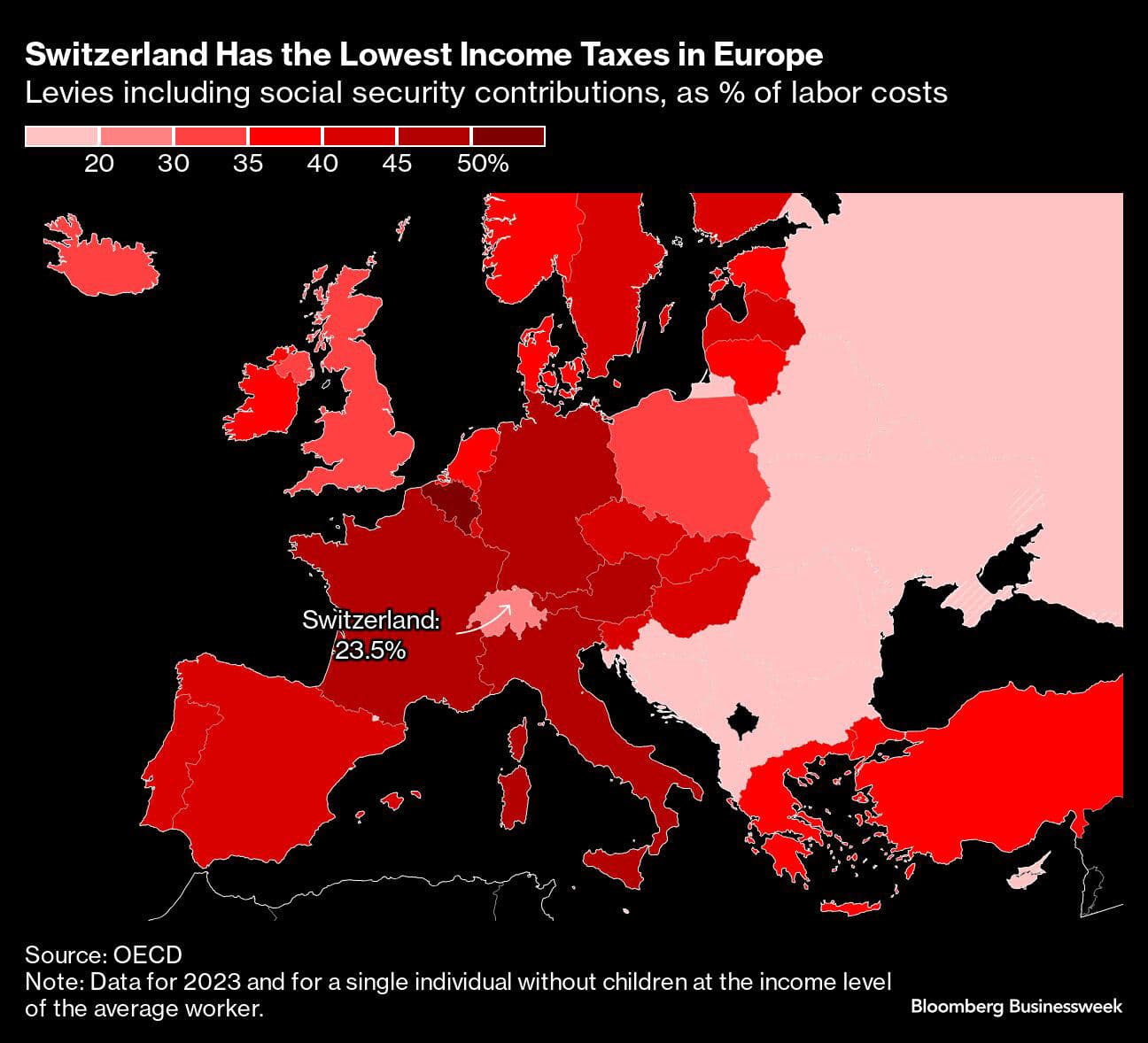By Maya Rodriguez
On November 5, 2025, the Swiss government officially rejected a proposal aimed at reforming the naturalisation process for foreign residents in Switzerland. The Federal Council, which is the executive branch of the Swiss government, reiterated its stance that cantons should retain the authority to determine naturalisation procedures, thereby dismissing the so-called "democracy initiative" that sought to simplify these processes.
Key Details
The "democracy initiative" proposed significant changes to the naturalisation process, advocating for a reduction in the required period of legal residence from ten years to five years. This initiative aimed to make it easier for foreign nationals to obtain Swiss citizenship, regardless of the type of settlement permit they held. Currently, the Swiss naturalisation law mandates a minimum of ten years of legal residence for individuals seeking citizenship, a requirement that many proponents of the initiative argue is overly restrictive.
The Federal Council"s decision to reject the proposal underscores its commitment to the existing framework, which allows individual cantons to have the final say in naturalisation applications. This means that while the federal government sets general guidelines, the specific criteria and processes can vary significantly from one canton to another, reflecting local attitudes towards immigration and citizenship.
Background
The debate surrounding the naturalisation process in Switzerland is not new. Over the years, various initiatives and proposals have been put forth to reform the immigration system and make it more accessible to foreign residents. The "democracy initiative" is one of the latest attempts to address concerns about the lengthy and often complex process of obtaining Swiss citizenship. Advocates for the initiative argue that reducing the residency requirement would encourage integration and contribute positively to Swiss society by allowing more individuals to participate fully in civic life.
Opponents of the initiative, including members of the Federal Council, have expressed concerns that easing the naturalisation process could undermine the integrity of Swiss citizenship and dilute the cultural and social fabric of the nation. The decision to maintain the current rules reflects a cautious approach to immigration policy, prioritizing local governance and the ability of cantons to tailor their naturalisation processes to their specific needs and contexts.

Image for Swiss government rejects naturalisation reform proposal, maintains current rules
What"s Next
With the rejection of the "democracy initiative," the current naturalisation requirements remain in place, and foreign residents in Switzerland will continue to face a ten-year residency requirement before they can apply for citizenship. This decision may have implications for the integration of foreign nationals in Switzerland, as those who wish to become citizens will need to navigate the existing bureaucratic processes that vary by canton.
As the discussion around immigration and naturalisation continues, it remains to be seen whether future proposals will emerge that could lead to changes in the current system. The ongoing dialogue reflects broader trends in immigration policy across Europe, where nations grapple with balancing the needs of their citizens with the realities of an increasingly globalized world.
For more on related coverage, see recent developments in immigration policy.

![[Video] Federal officers deploy sting balls and flash grenades at Whipple Building](/_next/image?url=%2Fapi%2Fimage%2Fthumbnails%2Fthumbnail-1768340555229-vhfcc-thumbnail.jpg&w=3840&q=75)
![[Video] Crowd-control weapons used in Minneapolis as anti-ICE protesters attack police vehicle](/_next/image?url=%2Fapi%2Fimage%2Fthumbnails%2Fthumbnail-1768336302231-akxf7s-thumbnail.jpg&w=3840&q=75)

![[Video] Protests erupt in Minneapolis after ICE detains teenager, multiple arrests made](/_next/image?url=%2Fapi%2Fimage%2Fthumbnails%2Fthumbnail-1768331835371-z9ylqg-thumbnail.jpg&w=3840&q=75)


![[Video] Gunfire between Iraqi security forces and Sadr militias in Baghdad](/_next/image?url=%2Fapi%2Fimage%2Fthumbnails%2Fthumbnail-1768343508874-4redb-thumbnail.jpg&w=3840&q=75)
